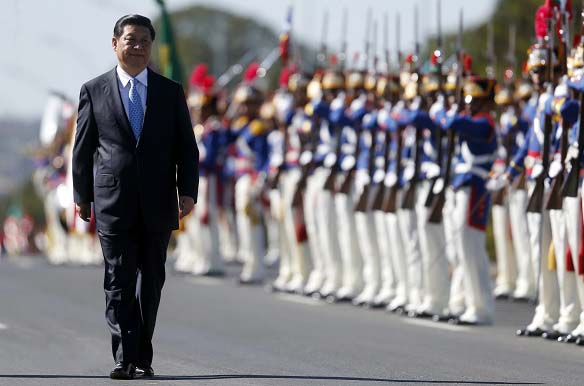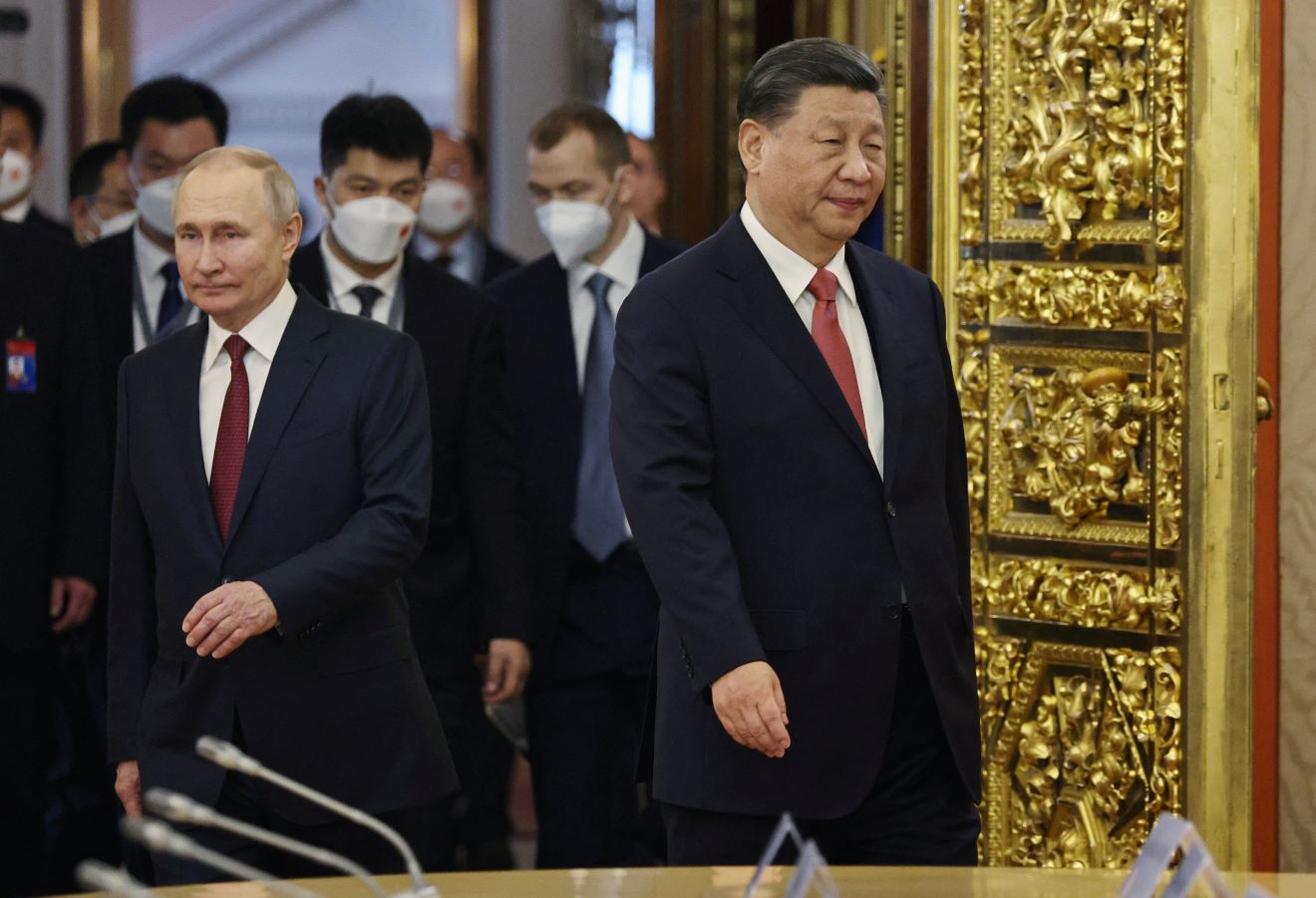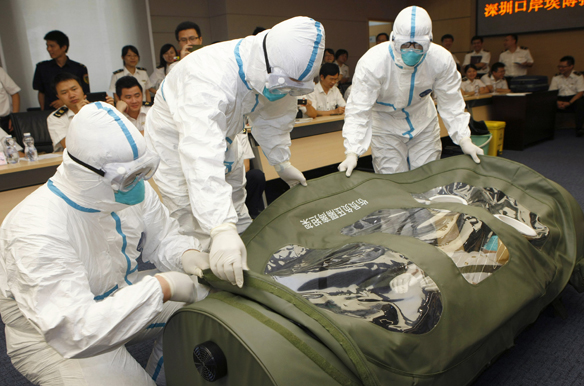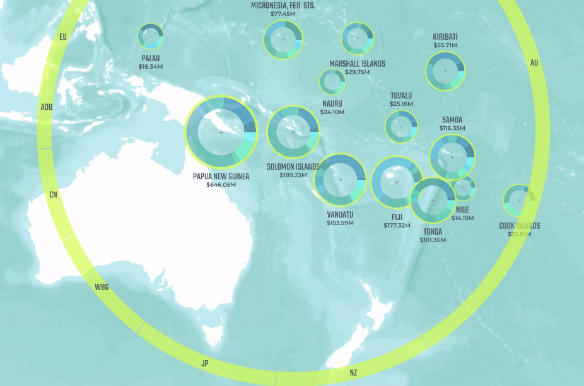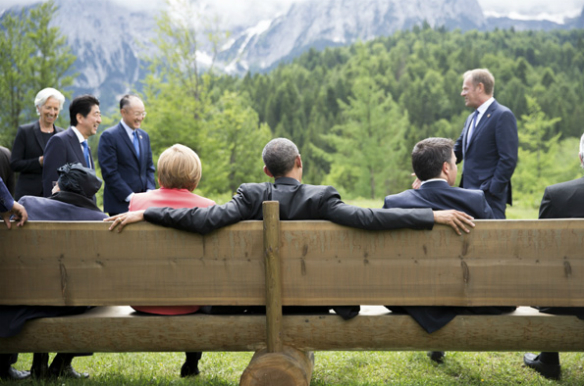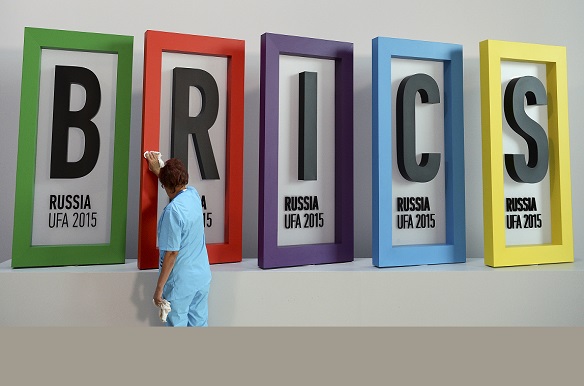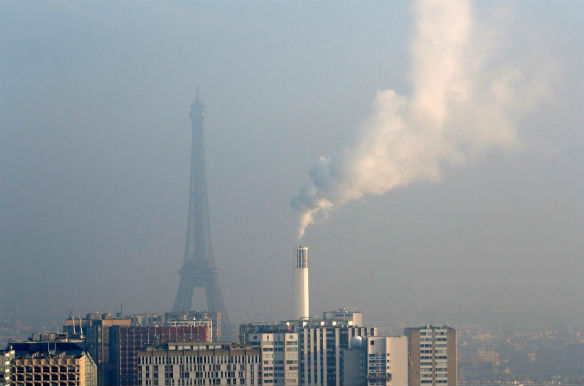The Rise of Trump and Its Global Implications – US-China Economic Ties Under Trump: Need for More Balance
This paper looks at the implications of increased trade tensions between the United States and China. It argues that the Trump and Xi must think beyond national interests and pursue a better balance of trade to ensure global economic stability.

